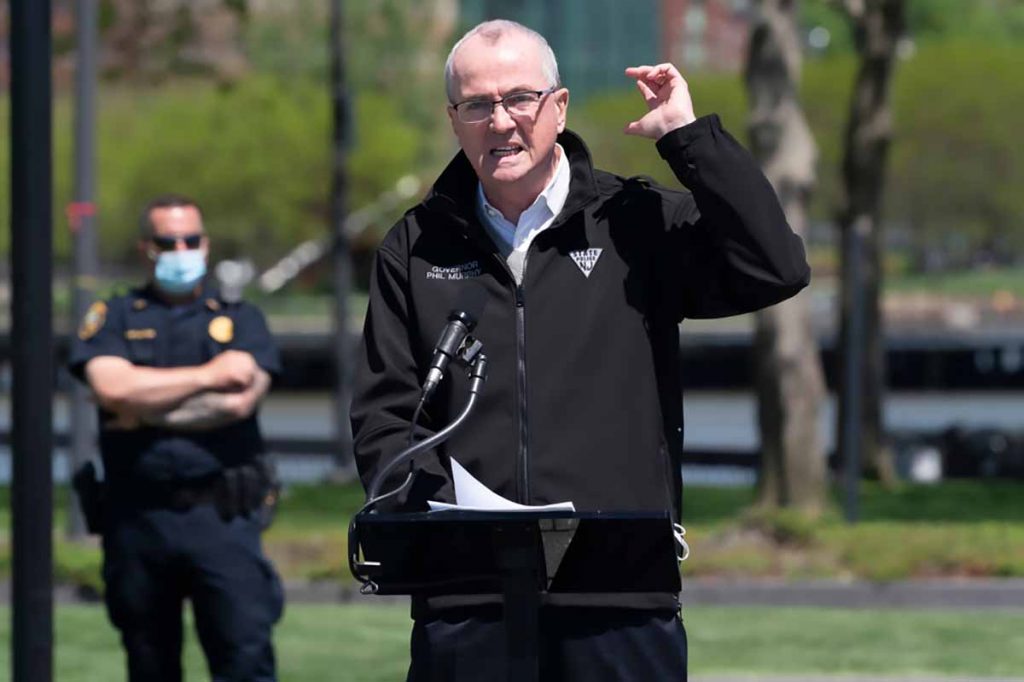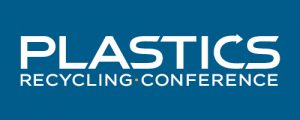
New Jersey Gov. Phil Murphy, seen here speaking in May 2021, signed recycled-content mandates into law. | lev radin/Shutterstock
New Jersey’s governor signed into law requirements that manufacturers use post-consumer resin in rigid containers, carryout bags and trash bags.
Gov. Phil Murphy on Jan. 18 signed S 2515, which includes a number of stringent mandates to use post-consumer resin (PCR). The bill was approved by both chambers of the legislature on Jan. 10.
In 2024, unless the targets are altered by the state Department of Environmental Protection (DEP), the Garden State will require 10% PCR in non-beverage bottles, 15% PCR in beverage bottles, 20% PCR in carryout bags, and 5% to 20% PCR for trash can liners (depending on the film’s thickness).
The bill exempts food packaging (except for beverage containers, which are still covered) for five years after its effective date.
Those initial targets increase in later years. The most aggressive eventual requirements are for rigid containers (both beverage and non-beverage). Under the existing statutory schedule, non-beverage rigid containers would need to be made with 50% PCR in 2036. Drink bottles would need 50% by 2045, except for drinks filled in a hot-fill process, which would be capped at 30% PCR in 2033.
Requirements for carryout bags max out at 40% PCR in 2027. Trash bags also reach the most stringent requirements in 2027. Those are 10% for the thinnest trash bags (0.70 mils and 0.80 mils thick), 20% for medium-thickness bags (0.80 mils to 1 mil thick), and 40% PCR for the thickest (greater than 1 mil thick).
Learn more in person
The upcoming Plastics Recycling Conference outside Washington, D.C. is set to include a two-part “Policy Perspectives” session on Monday, March 7. It will feature a number of leading voices who will break down lawmakers’ recycling focus at the state and national level, and what it all means for plastics processors and others. See complete details on the conference site and register today.
The law gives the DEP the power to change the targets after considering factors such as changes in market conditions, recycling rates, availability of recycled resin, recycling infrastructure capacity and progress made by manufacturers.
California and Washington state have already passed and signed bills imposing their own recycled-content-minimum requirements.




